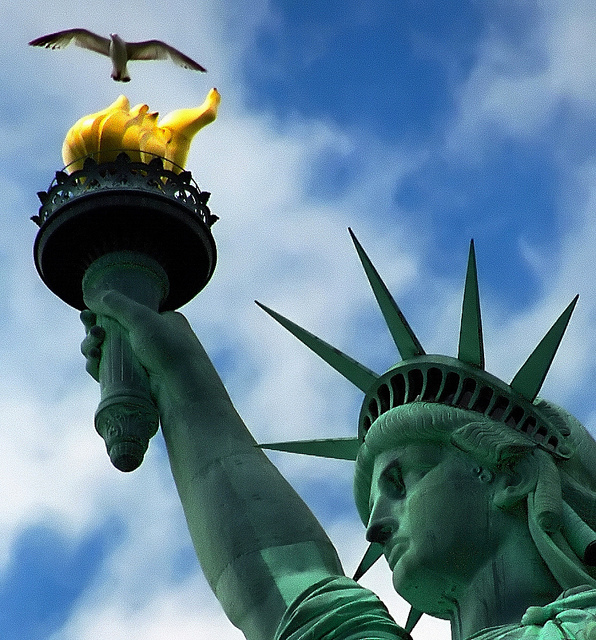On Wednesday, July 19, 2017, the United States Supreme Court responded to the Trump administration’s motion seeking clarification regarding the Supreme Court’s June 26th preliminary ruling, which held that the President could enforce the travel ban against foreign nationals from Iran, Syria, Sudan, Libya, Yemen, and Somalia, who lack a credible “bona fide” relationship to a person residing in the United States, or entity such as an employer, religious, or academic institution.
The government sought clarification from the United States Supreme Court after the state of Hawaii challenged the government’s interpretation of a “close familial relationship,” and convinced a federal court judge that the Supreme Court intended close family members to include extended family members such as “grandparents, grandchildren, brothers-in-law, sisters-in-law, aunts, uncles, nieces, nephews, and cousins of persons in the United States.” Federal judge Watson was also convinced that refugees with a formal assurance from a resettlement agency were exempt from the travel ban.
In a brief order, the Supreme Court denied the government’s motion seeking clarification of the court’s June 26, 2017 preliminary order, and reversed judge Watson’s decision regarding the admission of refugees with a formal assurance from a resettlement agency. The Supreme Court has ruled that refugees with a formal assurance from a resettlement agency will not be granted admission to the United States pending the resolution of the government’s appeal to the Ninth Circuit Court of Appeals.
Luckily, in their decision, the Supreme Court allowed grandparents and other extended family members, including family members of American residents, to seek admission to the United States, pending the resolution of the case Trump, President of the U.S. Et Al., v. Hawaii, Et Al. which is consistent with judge Watson’s ruling regarding the court’s intended meaning of “close familial relationship.”
This means that for now “grandparents, grandchildren, brothers-in-law, sisters-in-law, aunts, uncles, nieces, nephews, and cousins of persons in the United States” from the six predominantly Muslim countries listed above will remain exempt from the travel ban, while refugees will be banned from resettling in the United States until the Supreme Court issues a final ruling in October.
The order indicates that Justices Clarence Thomas, Samuel A. Alito Jr. and Neil M. Gorsuch would have blocked judge Watson’s district court order in its entirety pending resolution of the Government’s appeal to the Court of Appeals for the Ninth Circuit.
The court was silent regarding who qualifies as a close familial relative or what a “bona fide relationship” to an entity in the United States entails.
The Supreme Court has scheduled arguments in the case Trump, President of the U.S. Et Al., v. Hawaii, Et Al., for October.
 Visa Lawyer Blog
Visa Lawyer Blog




